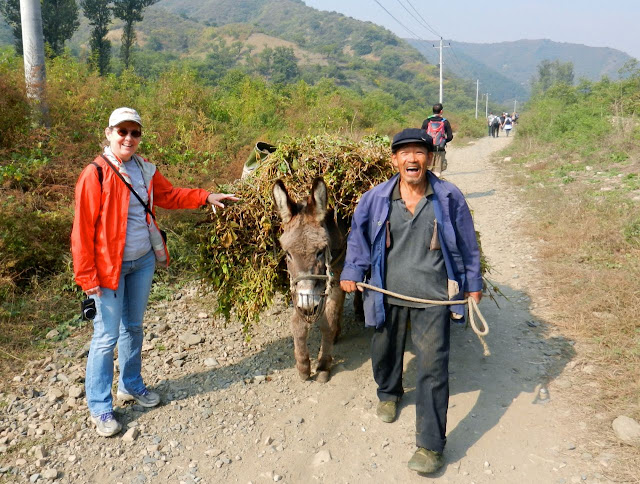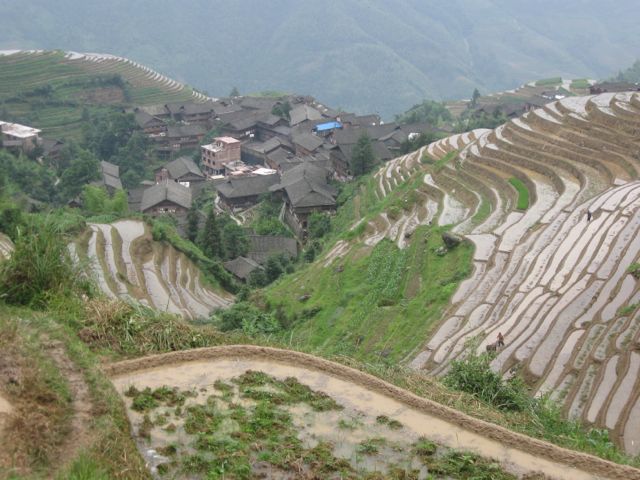At the moment, the New Zealand accent sounds the same to me as Australian, and its most notable distinguishing features are:
The short-e is pronounced like a short-i. "Yes, we expect to visit that section of town" is pronounced "
Yiss, we
expict to visit that
siction of town." If you're good you go to
hivven.
The short-a sound, as in, "The fact is, it's a hard task," sounds like a short-e: "The
fect is, it's a
hahd tesk."
Long-a becomes long-e in New Zealand, so "Be careful in that area" comes out "Be keerful in that eerea."
And you park your car here with a Boston accent: "Hey, mate, don't park your car there" comes out, "
Hye, myte, don't pahk ya cah theah."
New Zealand chicken is where you go in the airport before you get on the plane.
That's half of it. With a day's practice, you could pass for a Kiwi in the U.S.
 |
New Zealand was one of the last places settled by Polynesian peoples,
probably around 1250-1300 A.D. Map from Wikipedia. |
Recent settlement
Because of its isolation, the land we now call New Zealand developed thousands of unique species of birds and plants. The history of human habitation here is very short. Eastern Polynesians were the first humans to visit the islands, and they arrived a mere 800 years ago. They were also the first mammals.
[Correction: there were three species of small bats when humans arrived.] They brought mice and pigs with them.
New Zealand's long isolation is remarkable given that Australia, the nearest large land mass only 900 miles to the west, has 40,000 years of human habitation. But the Polynesians had a great tradition of seafaring, and the aborigines who settled Australia did not.
Today the Maori people, descendants of the original settlers of New Zealand, represent about 15% of the population, and about one-fourth of them speak the Maori language. Maori is taught in the schools, but use of the language does not appear to be growing.
A grain of geology
 |
Mount Ruapehu is one of the most active volcanoes in New Zealand.
It last erupted in 1995-96, but there are ski resorts on its slopes anyway. |
On our bus ride today from Ohakune, we passed a number of volcanic cones. We will spend the next few days at
Lake Taupo, new Zealand's largest lake, which fills an enormous volcanic crater. When the volcano erupted some 26,000 years ago, its dust clouds spread around the world and may have
contributed to the last ice age.









































